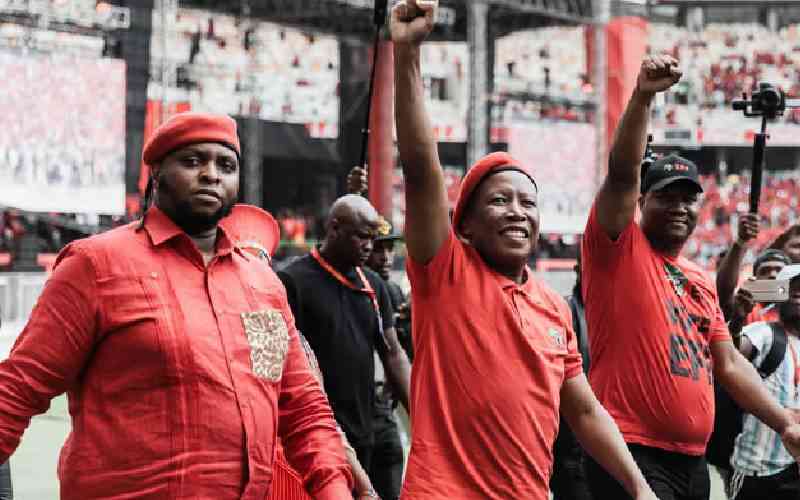×
The Standard e-Paper
Fearless, Trusted News

South Africa's President Cyril Ramaphosa promised his late predecessor Nelson Mandela on Friday that he would protect the African National Congress' absolute majority in next week's tightly contested election.
Ramaphosa staged his walkabout in Soweto, the town of his birth and a stronghold of the ANC going back to the days of the anti-apartheid struggle, to mobilise supporters ahead of a huge Johannesburg rally on Saturday.